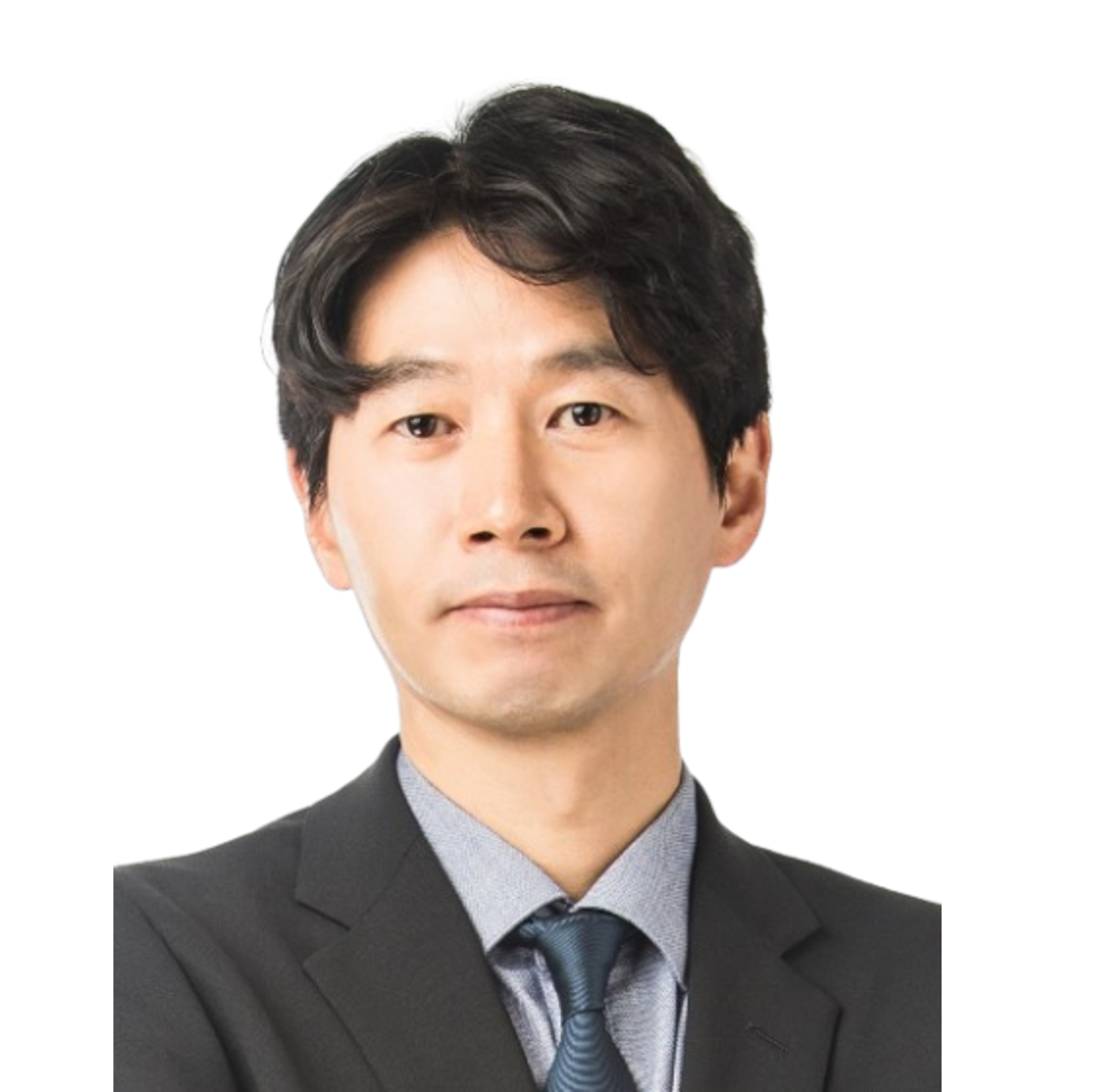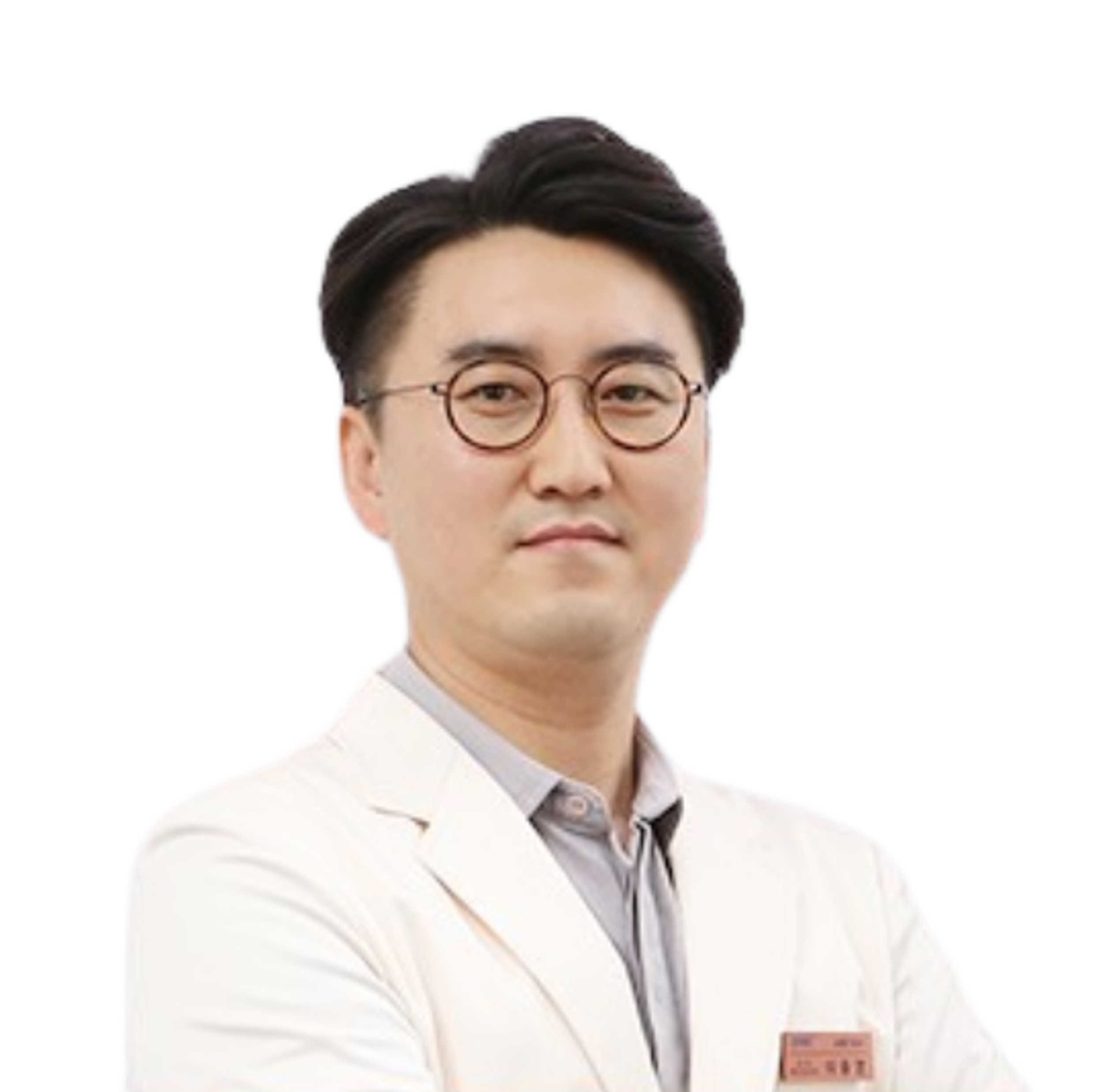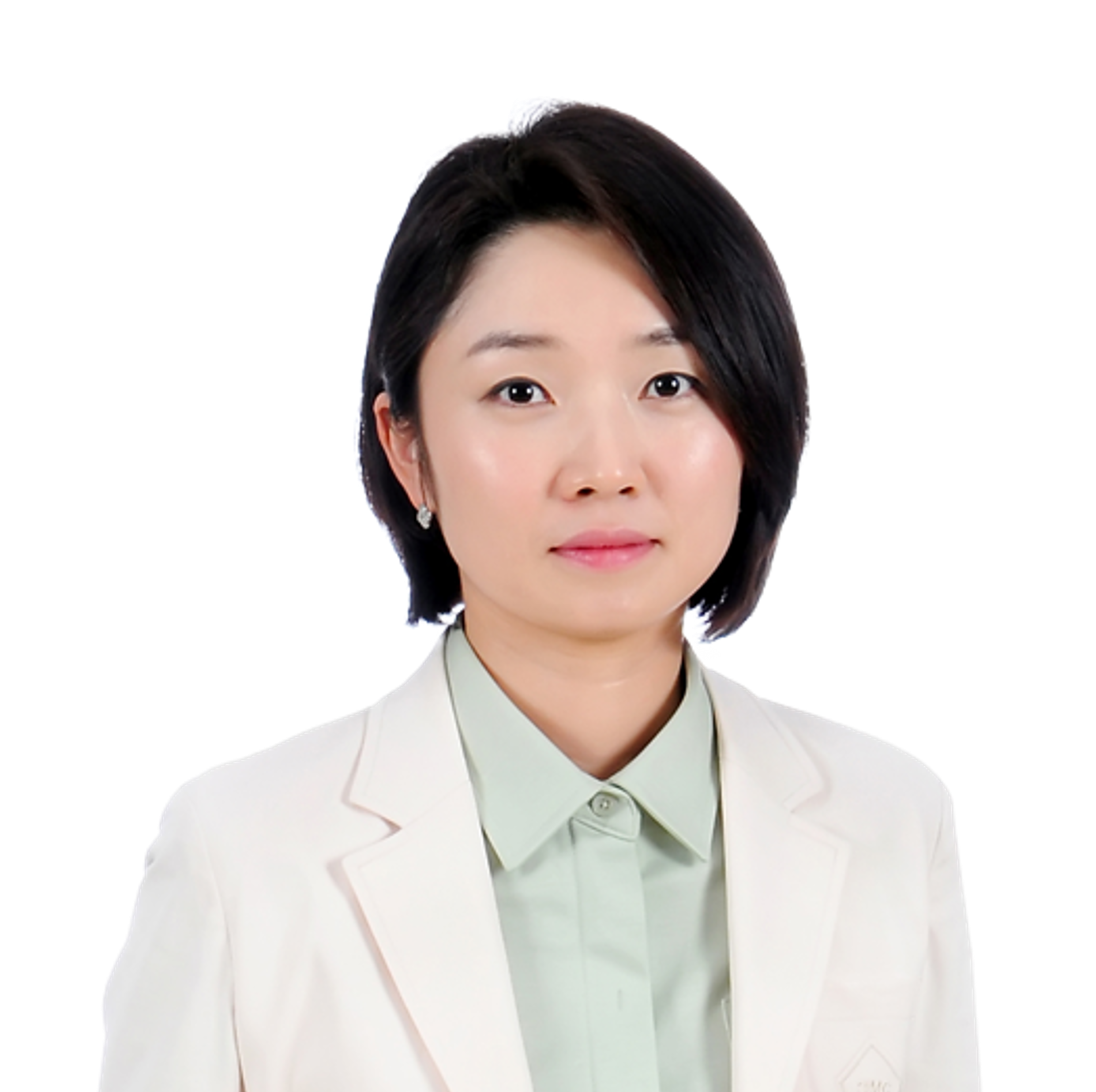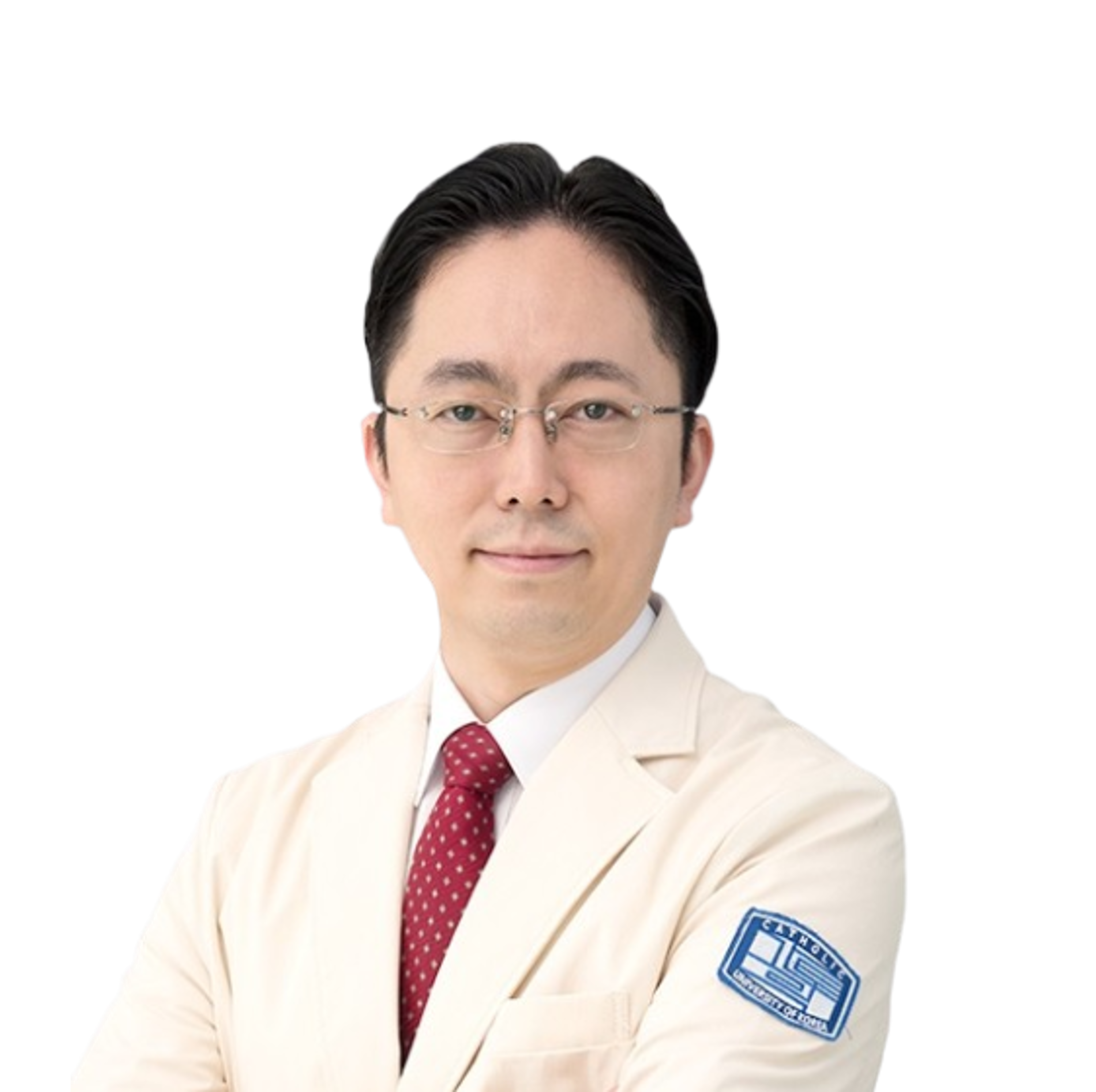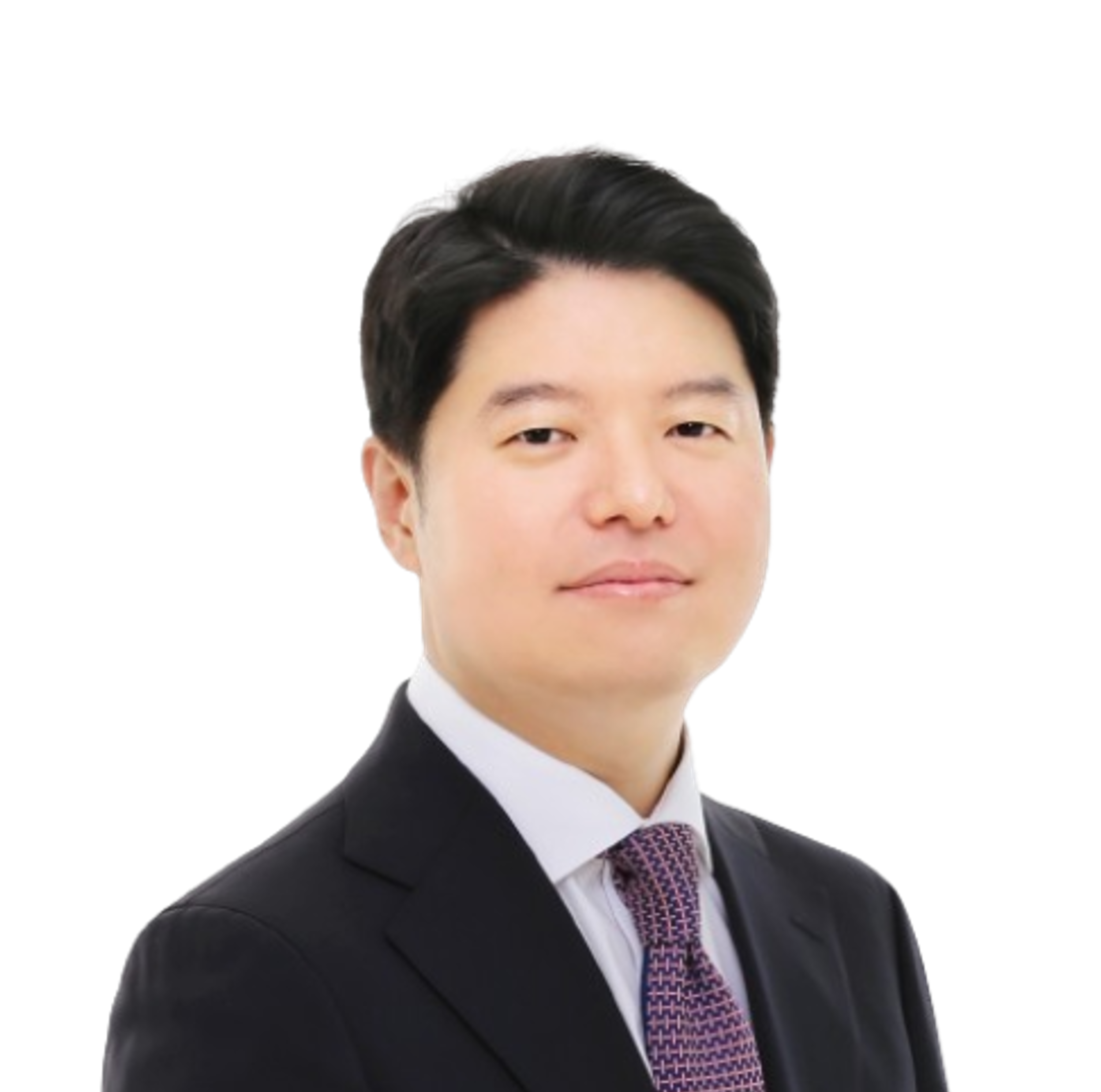Chairperson(s) : Shung Chull Chae (Kyungpook National University, Republic of Korea)
Panel(s) : Jee Hee Yoo (Chung-Ang University, Republic of Korea), Dae Young Cheon (Hallym University, Republic of Korea)
Chairperson(s) : Hong Seog Seo (Seoul Red Cross Hospital, Republic of Korea)
Panel(s) : Kyu-Yong Ko (Inje University, Republic of Korea), Minyoung Lee (Yonsei University, Republic of Korea)
Chairperson(s) : Ung Kim (Yeungnam University, Republic of Korea)
Panel(s) : Joon Ho Moon (Seoul National University, Republic of Korea), Jung-Joon Cha (Korea University, Republic of Korea)
Chairperson(s) : Keeho Song (Konkuk University, Republic of Korea)
Panel(s) : Minkwan Kim (Yonsei University, Republic of Korea), Joonyub Lee (The Catholic University of Korea, Republic of Korea)
Chairperson(s) : Jung-Hyun Noh (Inje University, Republic of Korea), Byung-Wan Lee (Yonsei University, Republic of Korea),
Panel(s) : Shinae Kang (Yonsei University, Republic of Korea), Osung Kwon (The Catholic University of Korea, Republic of Korea), Dae Young Cheon (Hallym University, Republic of Korea)
DetailThe joint symposium with the Japan Atherosclerosis Society (JAS) will explore cutting-edge advancements in incretin-based multi-agonist therapies for cardiometabolic disorders. Three distinguished speakers will share their expertise on this crucial topic. Professor Yasuo Terauchi from Yokohama City University, Japan, will discuss the efficacy and safety of tirzepatide, a GIP and GLP-1 dual agonist, in type 2 diabetes. Professor Chang Hee Jung from the University of Ulsan, Republic of Korea, will delve into the implications of GLP-1/GIP therapies for atherosclerotic cardiovascular disease (ASCVD). Professor Yong-ho Lee from Yonsei University, Republic of Korea, will elucidate the potential mechanisms underlying GLP-1/GIP therapies. This session promises to provide a comprehensive overview of the latest developments in multi-agonist therapies, their clinical applications, and their potential to revolutionize cardiometabolic disease treatment.
-
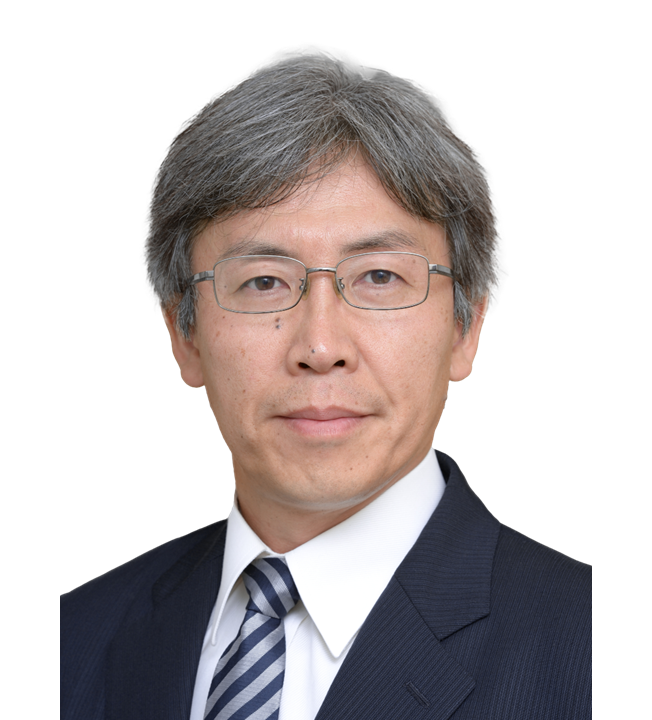
Efficacy and safety of tirzepatide, a GIP and GLP-1 dual agonist, in persons with type 2 diabetes
Yasuo Terauchi Yokohama City University, Japan 08:50~09:10 -
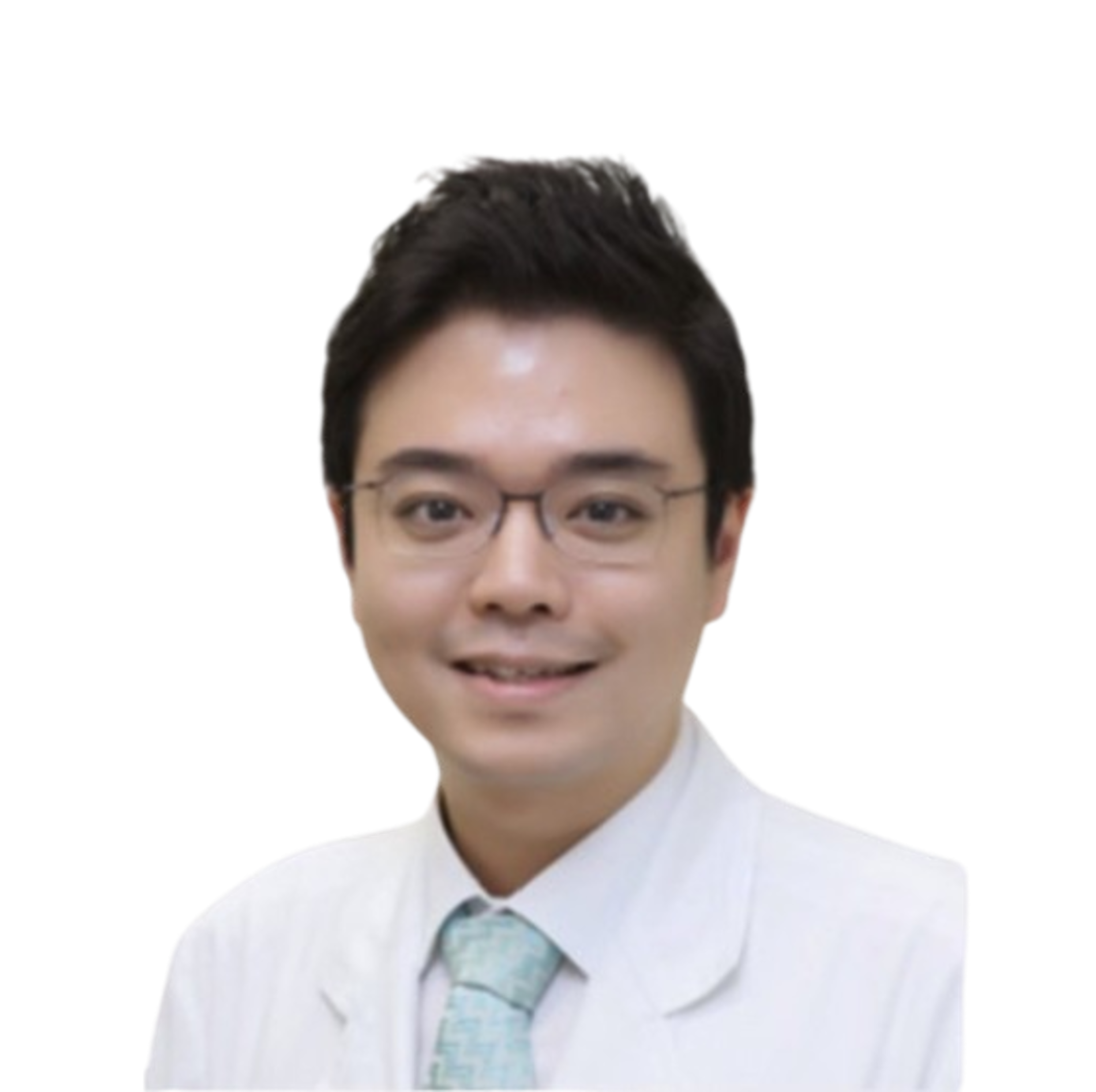
Upcoming multi-agonists for cardio-metabolic disease
Chang Hee Jung University of Ulsan, Republic of Korea 09:10~09:30 -
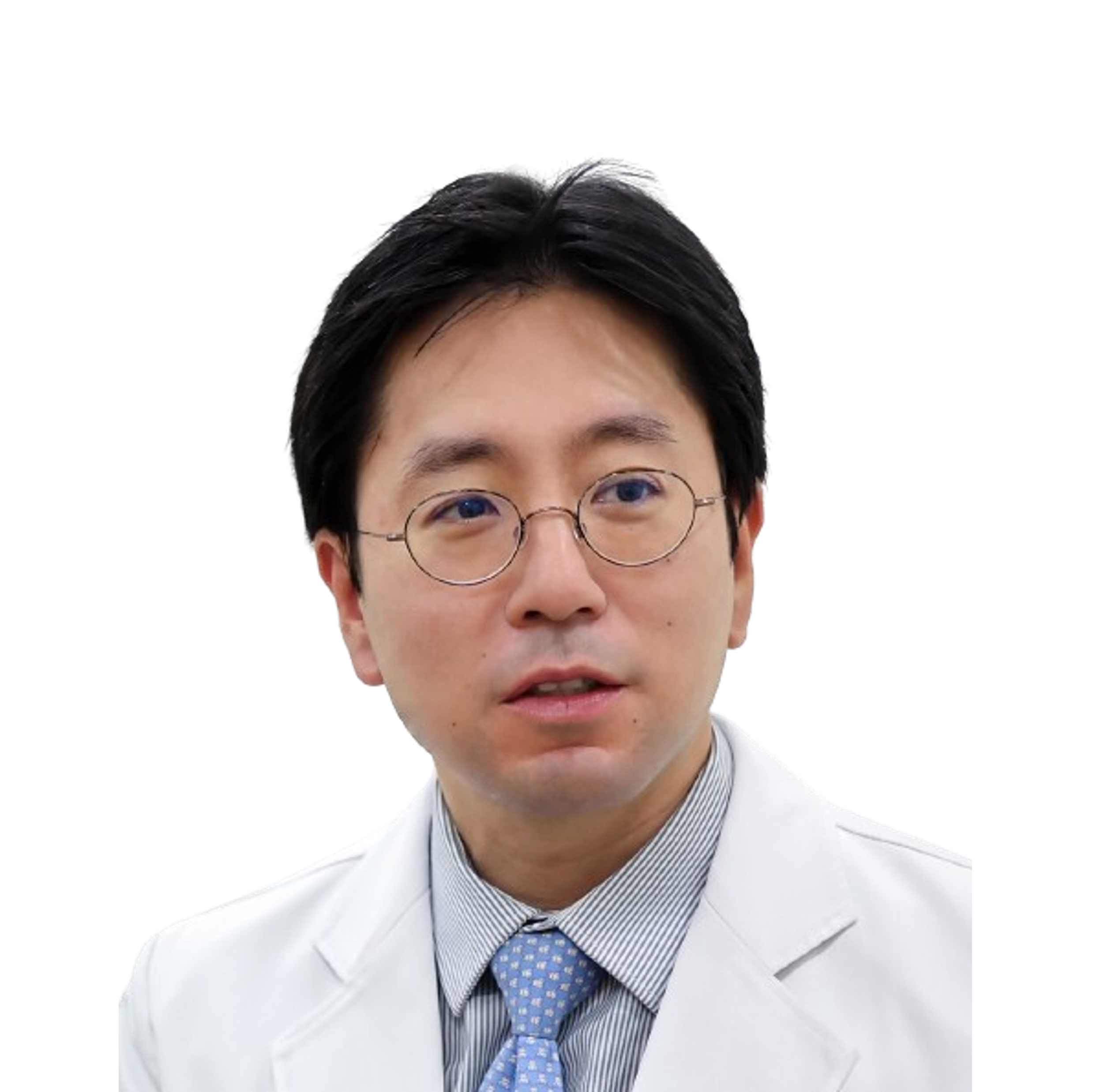
A potential mechanism of a dual GLP-1/GIP receptor agonist
Yong-ho Lee Yonsei University, Republic of Korea 09:30~09:50 - Panel Discussion 09:50~10:20
Chairperson(s) : Joerg Heeren (University of Hamburg, Germany), Young Mi Park (Ewha Womans University, Republic of Korea)
Panel(s) : Yun-Hee Lee (Seoul National University, Republic of Korea), Jae-Han Jeon (Kyungpook National University, Republic of Korea), Su Myung Jung (Sungkyunkwan University, Republic of Korea)
DetailRecently, there has been a surge in efforts to find solutions to metabolic disease treatment strategies from adipose tissue biology, such as systematically establishing the hallmarks of adipose tissue dysfunction in the development of metabolic diseases. This session will focus on the latest research on the biological functions of adipose tissue and adipocytes, conducted from various perspectives. Professor Jae Myoung Suh from KAIST will present a study on new regulatory mechanisms of fuel metabolism in adipose tissue from RNA biology perspective. Professor Motoharu Awazawa from National Center for Global Health and Medicine (NCGM) will discuss the effects of new antidiabetic drugs on system-level metabolic physiology including adipose tissues. Professor Kae Won Cho from Soonchunhyang University (SIMS) will discuss the new pathophysiological roles of adipose dendritic cells in metabolic diseases.
-
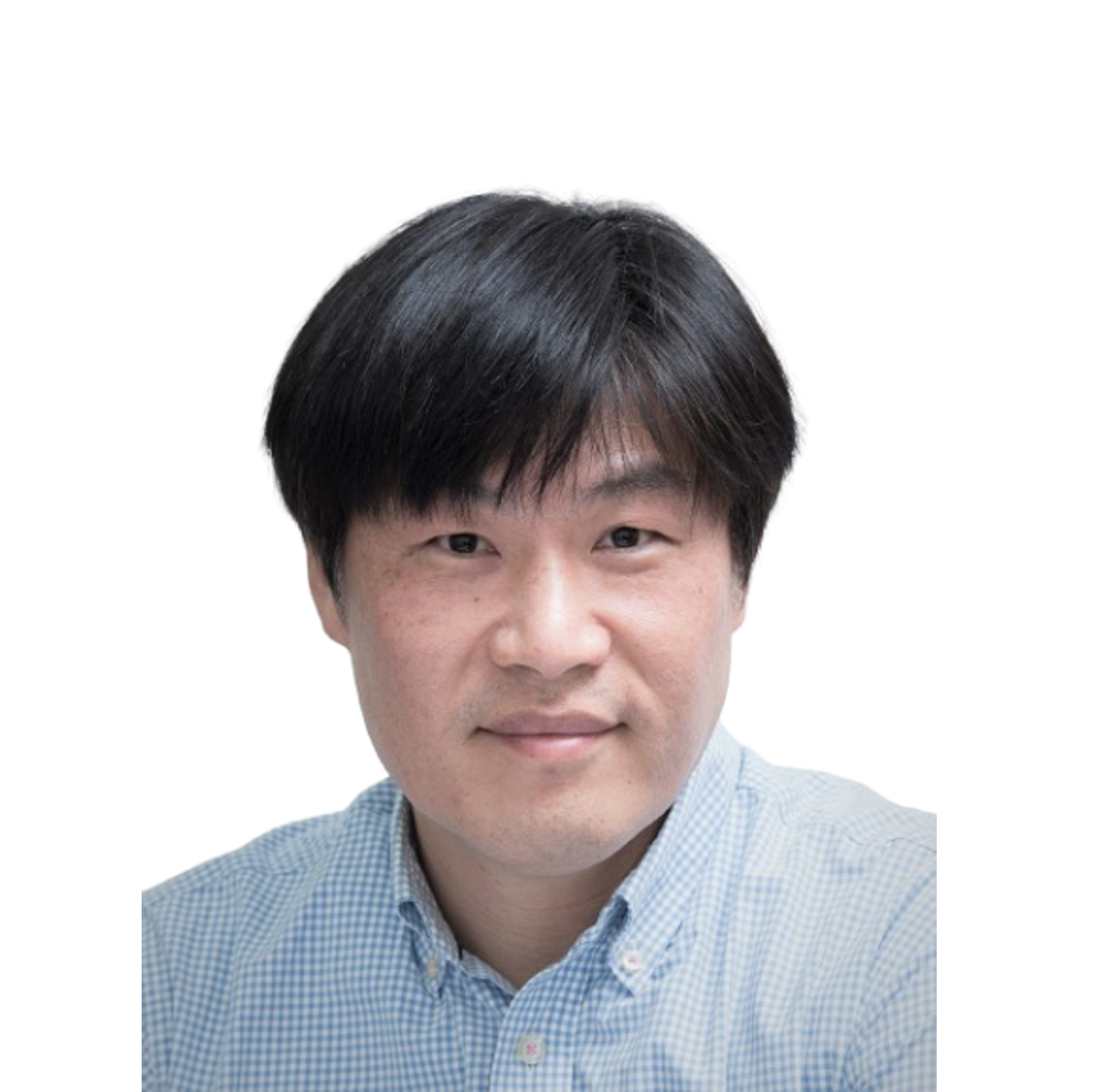
Cold-activated HuR fuels brown fat thermogenesis via fatty acid utilization
Jae Myoung Suh KAIST, Republic of Korea 08:50~09:10 -
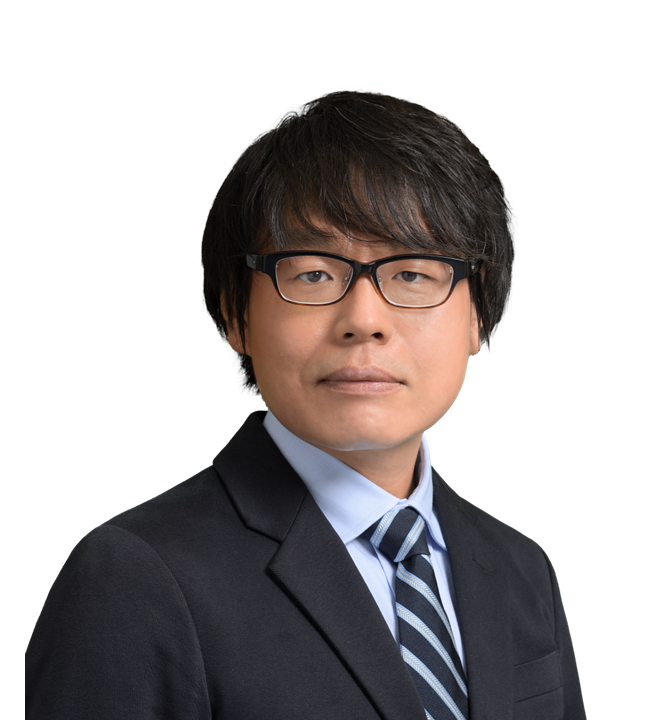
Targets of a novel anti-diabetic drug Imeglimin
Motoharu Awazawa National Center for Global Health and Medicine (NCGM), Japan 09:10~09:30 -
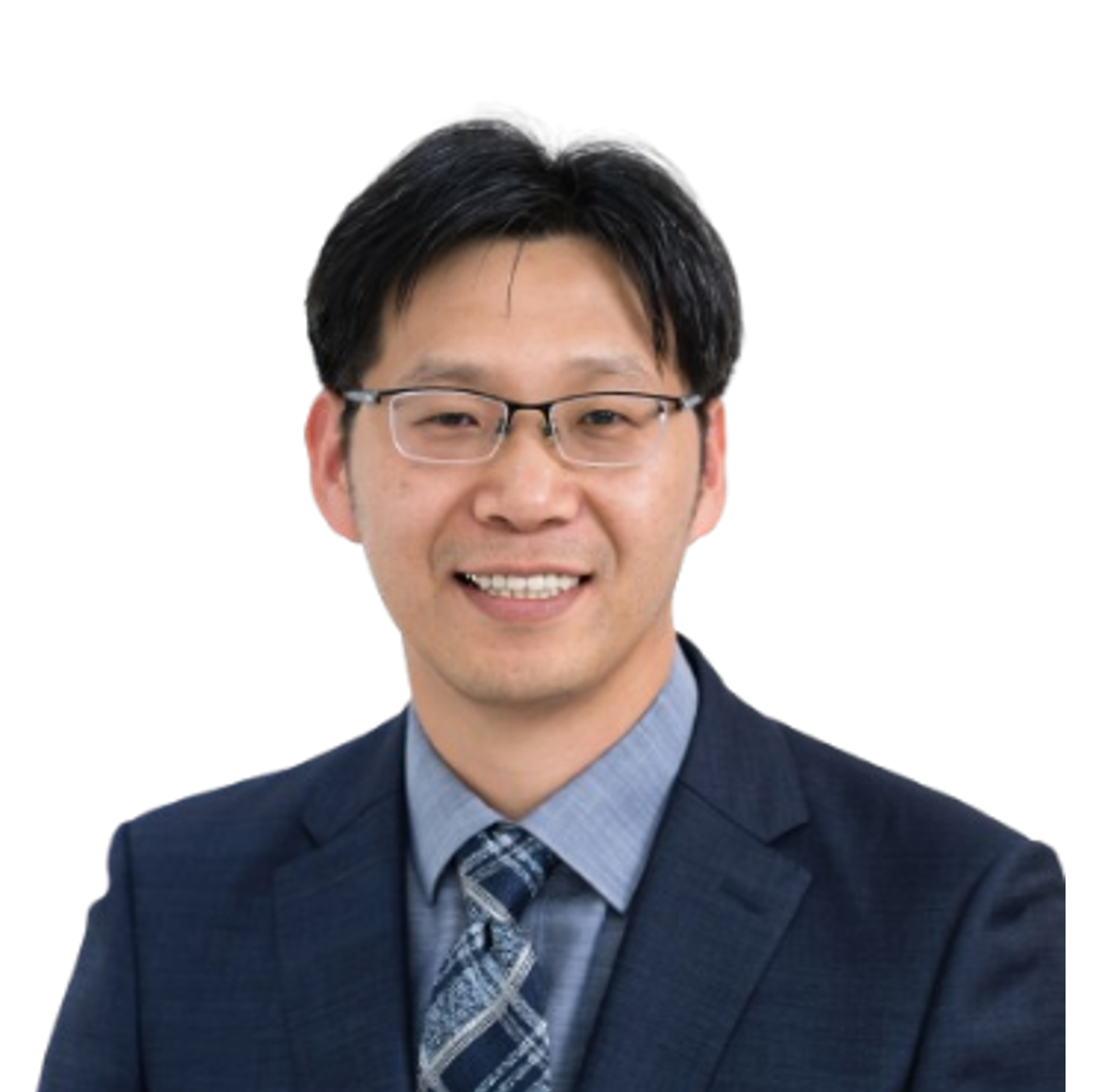
Role of obesogenic memory in obesity-related cardiovascular diseases
Kae Won Cho Soonchunhyang University, Republic of Korea 09:30~09:50 - Panel Discussion 09:50~10:20
Chairperson(s) : Hye Young Kim (Yong In University, Republic of Korea), Jeongseon Kim (National Cancer Center, Republic of Korea)
Panel(s) : Yuri Kim (Ewha Womans University, Republic of Korea), Jun Hwan Cho (Chung-Ang University, Republic of Korea)
-
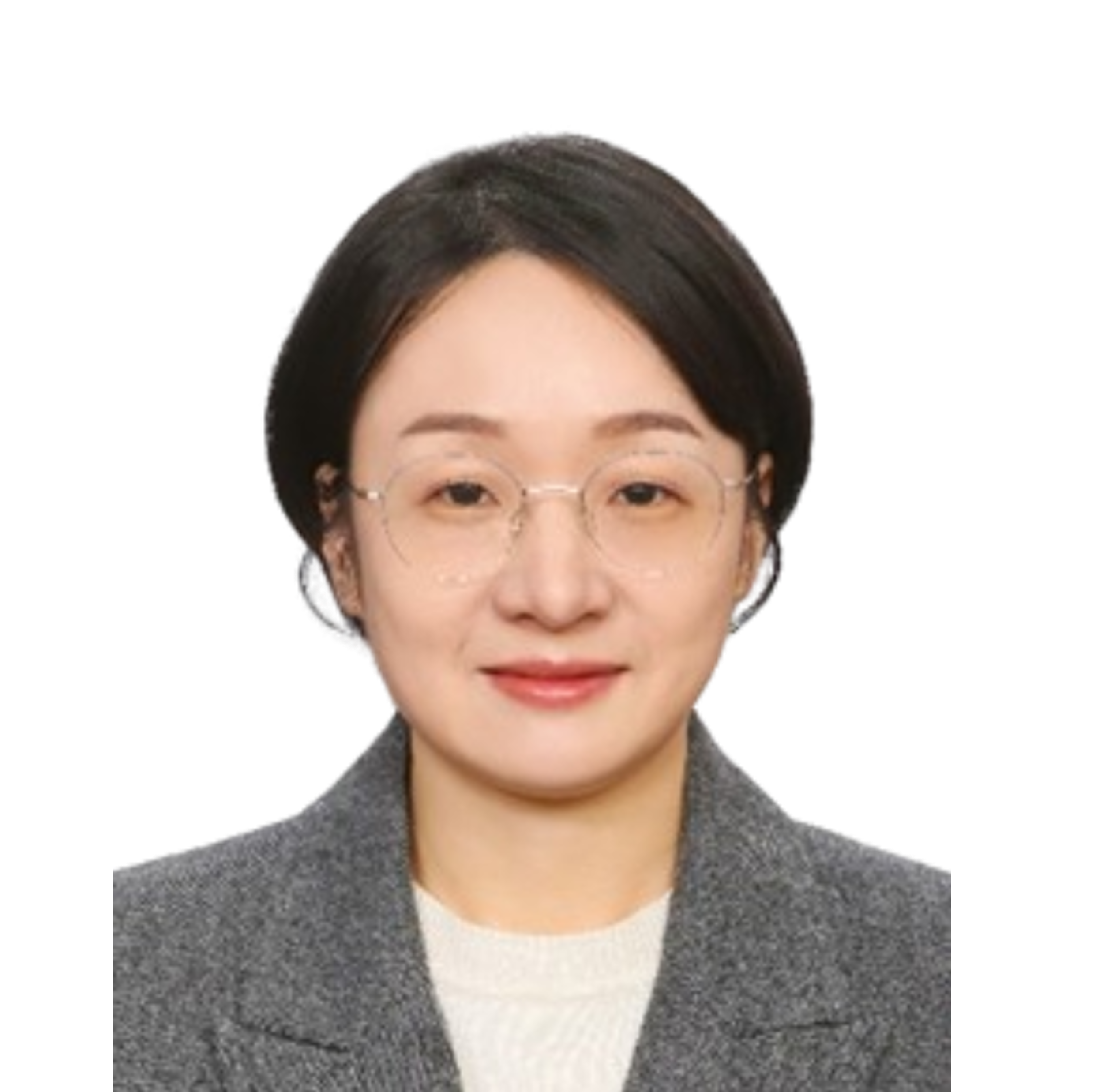
Associations of dietary lipid intake with cardiovascular disease in Koreans based on nutritional epidemiology studies
Jung Hyun Kwak Inje University, Republic of Korea 08:50~09:10 -
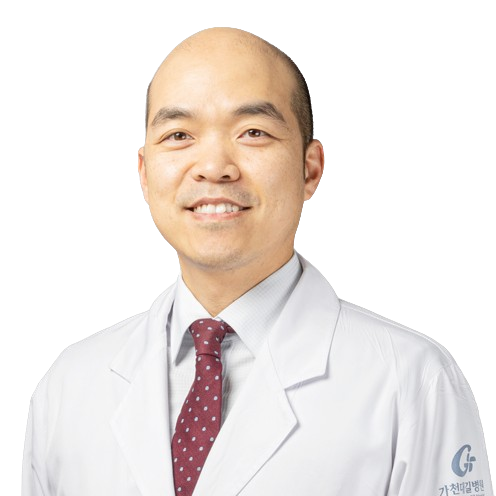
Fat intake and atherosclerotic cardiovascular diseases
Youngwoo Jang Gachon University, Republic of Korea 09:10~09:30 -
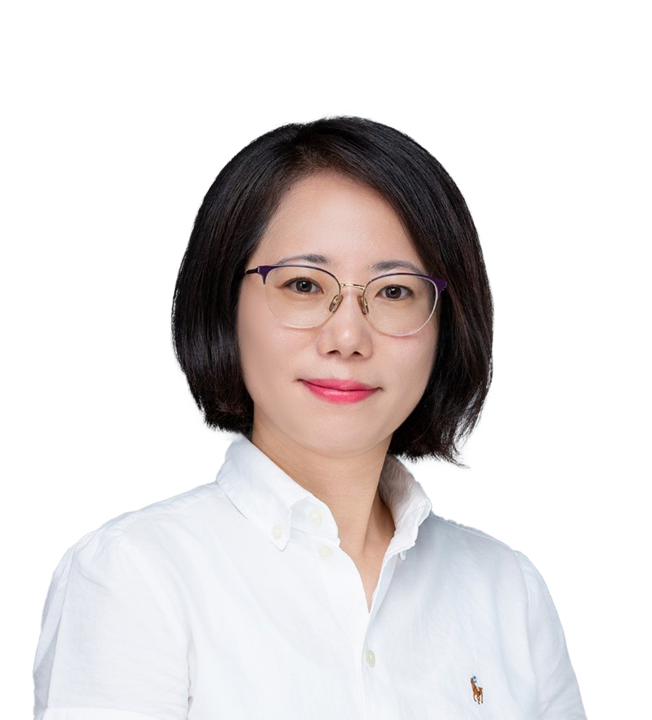
Dietary advanced glycation end products and vascular function
Yoona Kim Gyeongsang National University, Republic of Korea 09:30~09:50 - Panel Discussion 09:50~10:20
Chairperson(s) : Kyong Soo Park (Konkuk University, Republic of Korea), Donghoon Choi (Yonsei University, Republic of Korea)
Panel(s) : Yoo-Wook Kwon (Seoul National University, Republic of Korea), Seung-Hwan Lee (The Catholic University of Korea, Republic of Korea), Kyung-Sun Heo (Chungnam National University, Republic of Korea)
DetailAmong the pathophysiological aspects of atherosclerosis, a traditionally overlooked factor is the biomechanical factors such as shear stress. This session aims to address these biomechanical factors. The first speaker, Professor Chang-Hoon Woo from Yeungnam University, will summarize the molecular biological mechanisms of how shear stress on endothelial cells is related to atherosclerosis. The second speaker, Professor Hanjoong Jo from Emory University, will present his recent achievements on flow-mediated reprogramming in endothelial cells. Finally, Professor Kwan Yong Lee from the Department of Cardiology at the Catholic University of Korea will introduce his research on how atherosclerosis progresses rapidly and develops into a disease through plaque and hemodynamic analysis in patients. This session is expected to help us understand and recognize the importance of the impact of biomechanical factors on atherosclerosis, which has been overlooked until now.
-
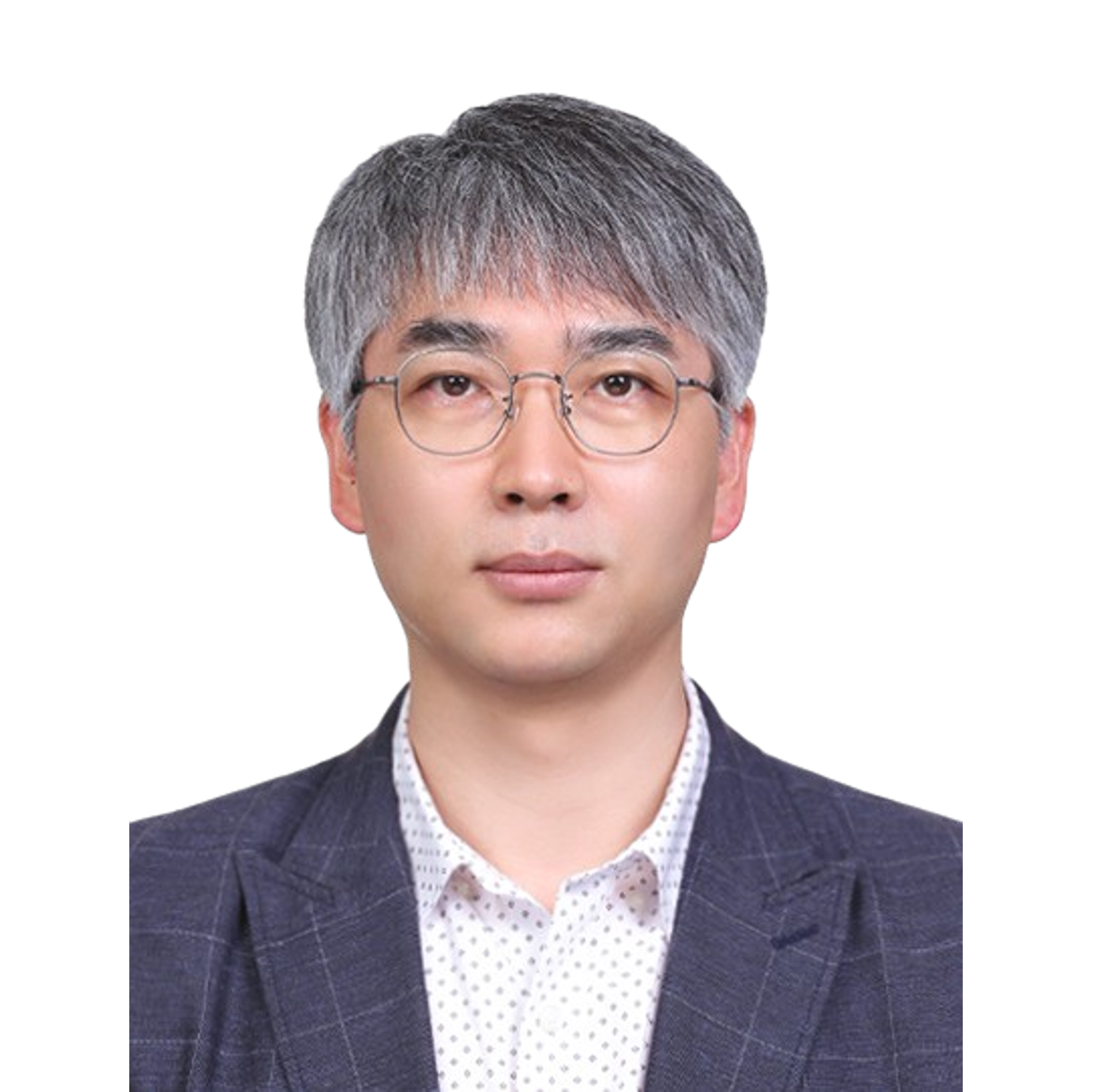
Shear stress on endothelial cell and its molecular cascade to accelerated atherosclerosis
Chang-Hoon Woo Yeungnam University, Republic of Korea 08:50~09:10 -
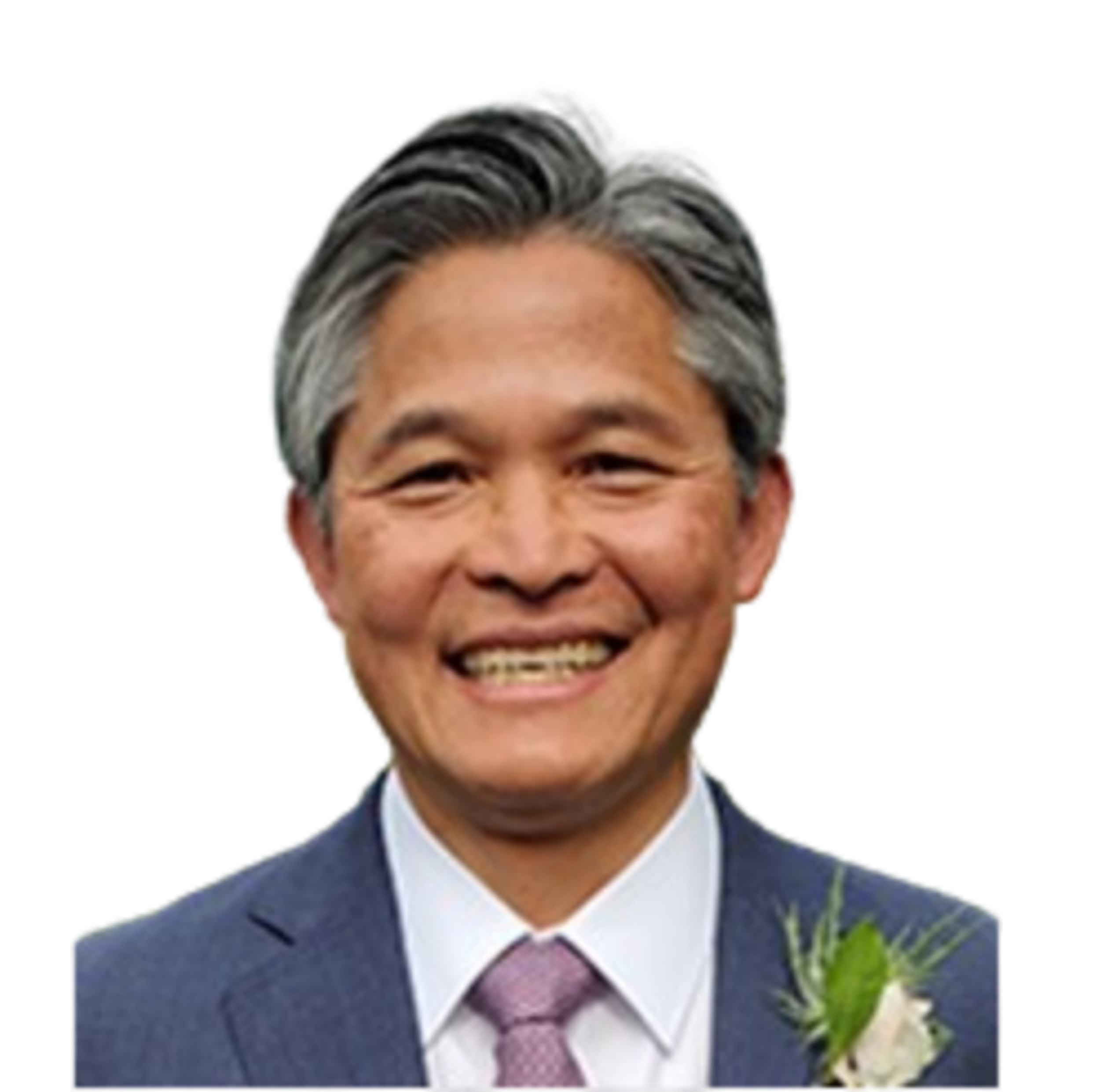
HEG1 protects against atherosclerosis by regulating stable flow-induced KLF2/4 expression in endothelial cells
Hanjoong Jo Emory University, USA 09:10~09:30 -
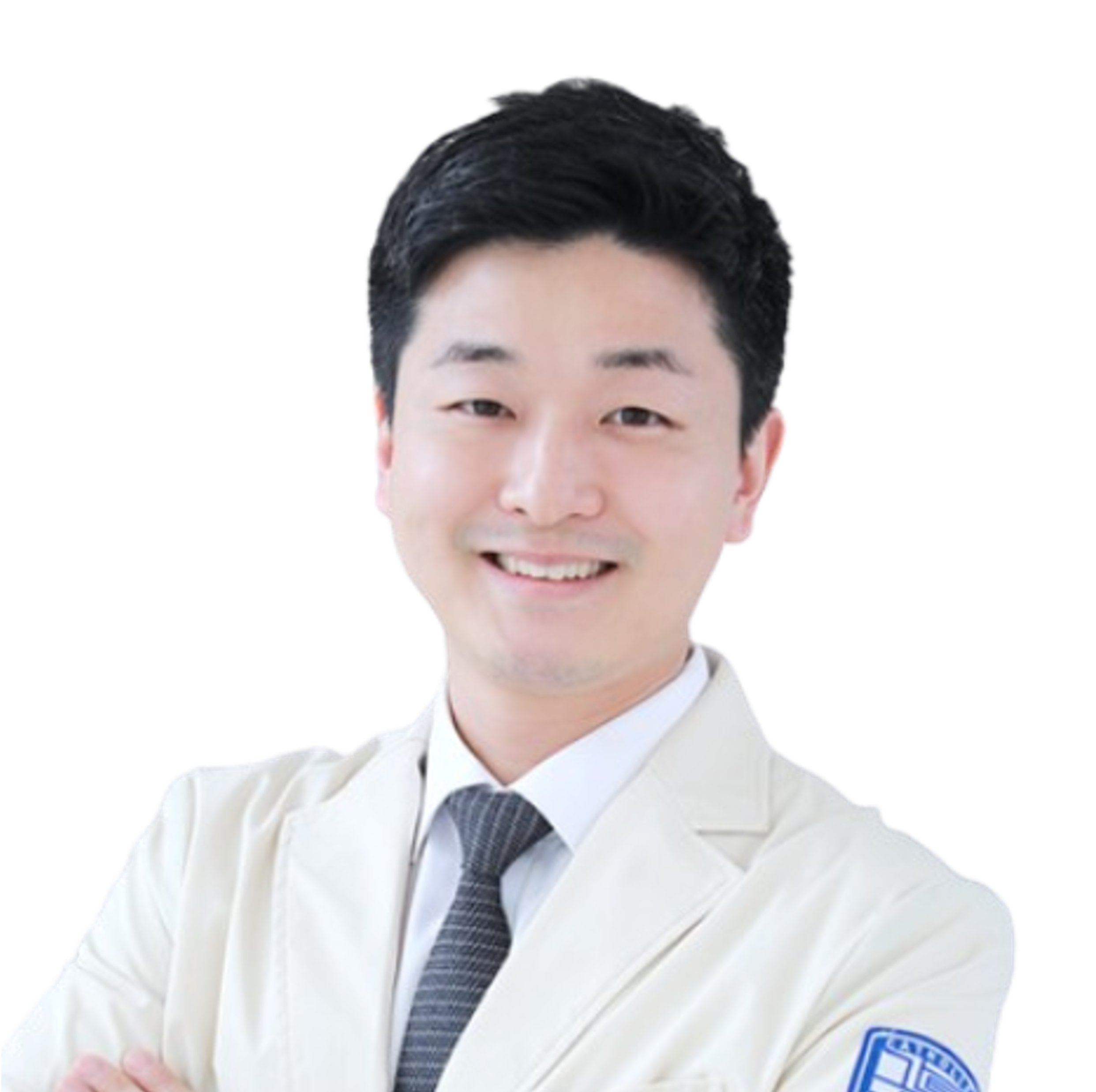
Perspectives in predicting rapid plaque progression and future coronary events
Kwan Yong Lee The Catholic University of Korea, Republic of Korea 09:30~09:50 - Panel Discussion 09:50~10:20
Chairperson(s) : Jin Han (Inje University, Republic of Korea)
Chairperson(s) : Sang-Hyun Kim (Seoul National University, Republic of Korea)
DetailDr. R. Scott Wright is a Professor of Medicine and a consultant in cardiology at the Mayo Clinic in Rochester. Dr. Wright focuses his research on acute coronary syndrome, dyslipidemia, type 2 diabetes, and valvular heart disease. He is a renowned international leader and an active clinical investigator of PRINCESS, CRISP and ORION programs. At ICoLA 2024, he will deliver a keynote lecture entitled, “Recent advances in the treatment of dyslipidemia with PCSK9 therapy and a look into potential new options in the next 10 years”.
Chairperson(s) : In-Ho Chae (Seoul National University, Republic of Korea)
Panel(s) : Sang-Eun Lee (Ewha Womans University, Republic of Korea), Jin Woo Jeong (Wonkwang University, Republic of Korea)
Chairperson(s) : Young-Bae Park (Seoul National University, Republic of Korea)
Panel(s) : Dong-Hyuk Cho (Korea University, Republic of Korea), Jong Han Choi (Konkuk University, Republic of Korea)
Chairperson(s) : Hak Chul Jang (Seoul National University, Republic of Korea)
Panel(s) : Dong Oh Kang (Korea University, Republic of Korea), Ye Seul Yang (Seoul National University, Republic of Korea)
Chairperson(s) : Jeongseon Kim (National Cancer Center, Republic of Korea)
DetailIn this special lecture, Professor Sung Nim Han from Seoul National University will deliver a lecture on the topic "Dissecting dietary approaches targeting lipid biomarkers." Professor Han, former president of the Korean Nutrition Society and the Korean Society of Clinical Nutrition, will systematically explore the impact of various dietary factors on lipid biomarkers. The lecture will include in-depth discussions on how dietary management affects lipid biomarkers in the bloodstream, contributing to a deeper understanding of its positive and negative impacts on health. Moreover, Professor Han will share insights based on extensive research experience and discuss future clinical application potential and vision.
Chairperson(s) : Byung Jin Kim (Sungkyunkwan University, Republic of Korea), Young Joon Hong (Chonnam National University, Republic of Korea)
Panel(s) : Je Sang Kim (Bucheon Sejong Hospital, Republic of Korea), Ye Seul Yang (Seoul National University, Republic of Korea), Hye Jin Yoo (Korea University, Republic of Korea)
DetailThe joint symposium with the Taiwan Society of Lipids & Atherosclerosis (TSLA) will delve into the pivotal role of remnant cholesterol in the statin era. We will explore its impact on cardiometabolic health, cardiovascular disease, and treatment options, with a focus on Asian populations. Professor Jun Hwa Hong from Eulji University will begin with "How does remnant cholesterol related to cardiometabolic multimorbidity" highlighting the links between remnant cholesterol and various cardiometabolic conditions. Next, Dr. Donna Shu-Han Lin from Shin Kong Wu HoSu Memorial Hospital will present "Epidemiologic evidence of hypertriglyceridemia or remnant cholesterol on cardiovascular disease" providing key epidemiological insights. Finally, Professor Youngwoo Jang from Gachon University will discuss "Treatments targeting remnant cholesterol or hypertriglyceridemia in Asians: do we have an option?" offering a detailed analysis of therapeutic strategies for Asian patients. Join us to gain a comprehensive understanding of remnant cholesterol in contemporary cardiovascular care.
-
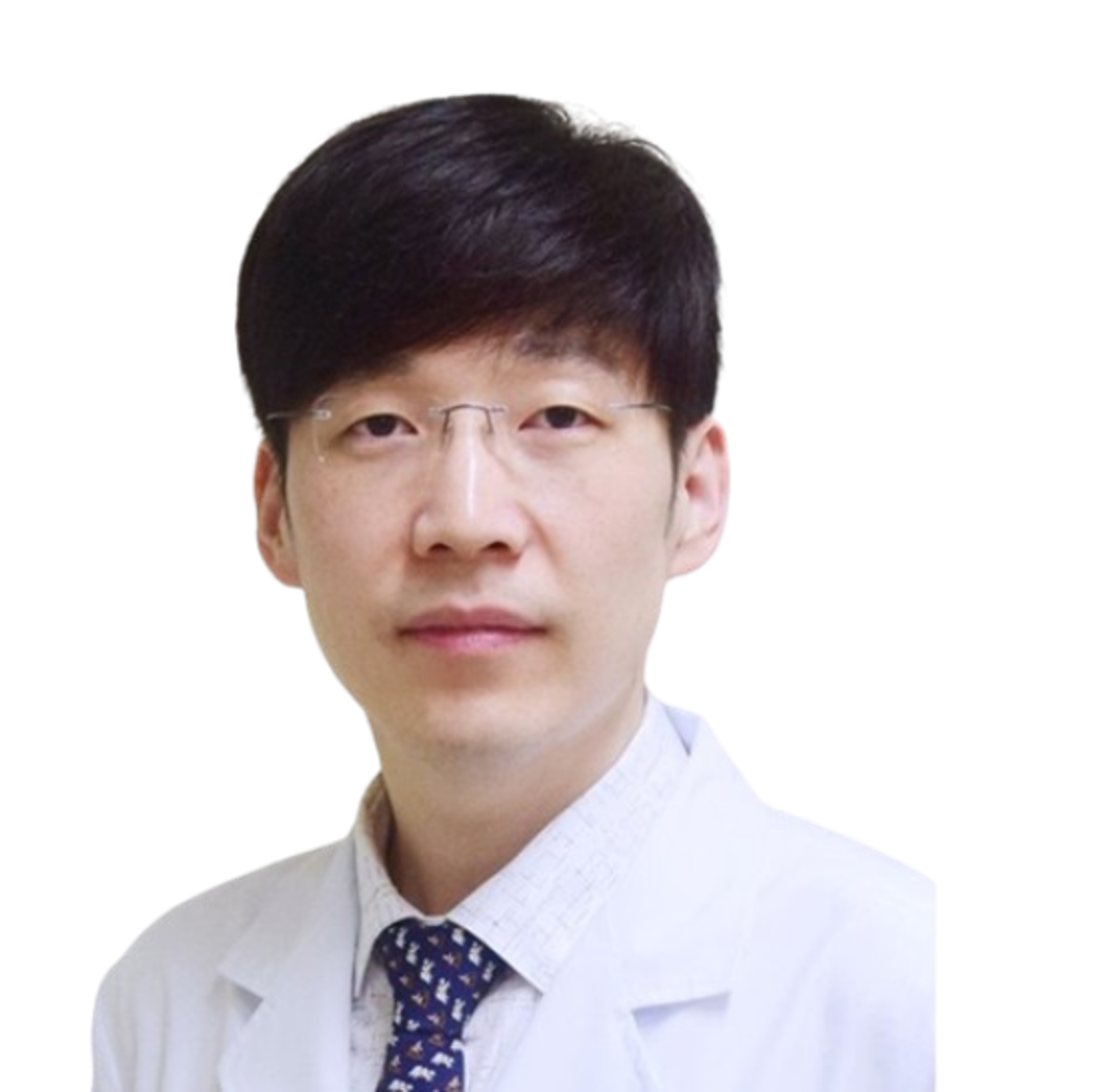
How does remnant cholesterol related to cardiometabolic multimorbidity
Jun Hwa Hong Eulji University, Republic of Korea 15:40~16:00 -

Epidemiologic evidence of hyper TG or remnant cholesterol on CVD
Donna Shu-Han Lin Shin Kong Wu Ho-Su Memorial Hospital, Taiwan 16:00~16:20 -

Treatments targeting remnant cholesterol or hyperTG in Asians: do we have an option?
Youngwoo Jang Gachon University, Republic of Korea 16:20~16:40 - Panel Discussion 16:40~17:10
Chairperson(s) : Chi Dae Kim (Pusan National University, Republic of Korea), Hyoung Kyu Kim (Inje University, Republic of Korea)
Panel(s) : Yong Sook Kim (Chonnam National University, Republic of Korea), Sun-Hee Woo (Chungnam National University, Republic of Korea), Yin Hua Zhang (Seoul National University, Republic of Korea)
DetailThis joint session is organized for academic exchange between the Korean Society of Lipid and Atherosclerosis (KSoLA) and the Society for Heart and Vascular Metabolism (SHVM). The first speaker, Professor Tae-Sik Park from Gachon University, will present on the role and regulatory mechanisms of S1P, a bioactive Iipid mediator and a sphingolipid metabolite, in NASH, based on his years of research. The second speaker, Professor Linda Peterson from Washington University, will discuss her research achievements on the role of ceramide, another sphingolipid metabolite, in cardiovascular diseases. The final speaker, Professor Helen E. Collins from the University of Louisville, will address the mechanisms of cardiac changes during pregnancy, a somewhat different topic. We hope that this session will help in understanding new risk factors and mechanisms in various diseases and physiological changes.
-
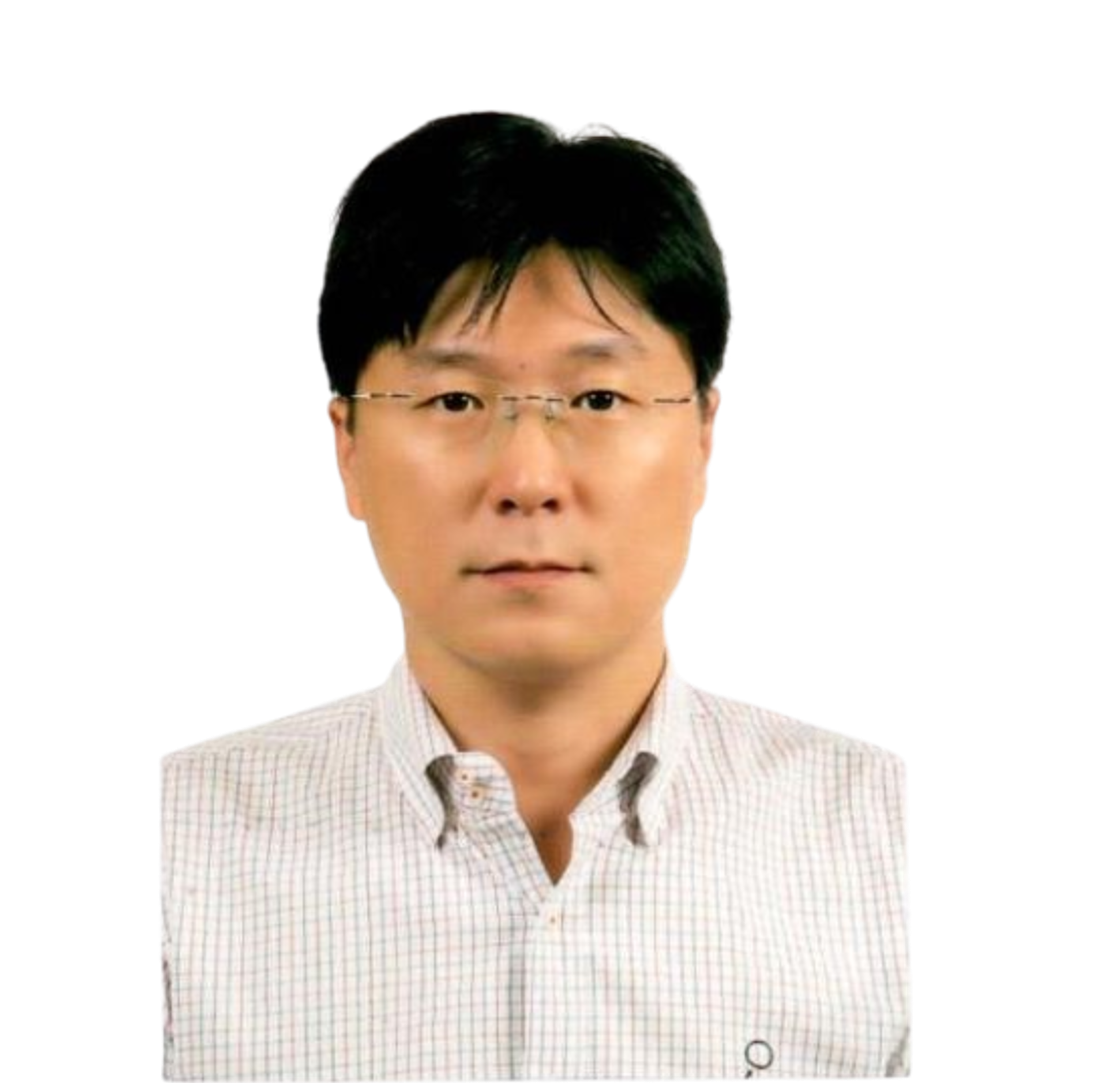
Regulation of the sphingosine 1-phosphate receptor 1 in nonalcoholic hepatosteatosis
Tae-Sik Park Gachon University, Republic of Korea 15:40~16:00 -

Plasma ceramides in the prediction of cardiovascular disease
Linda Peterson Washington University, USA 16:00~16:20 -
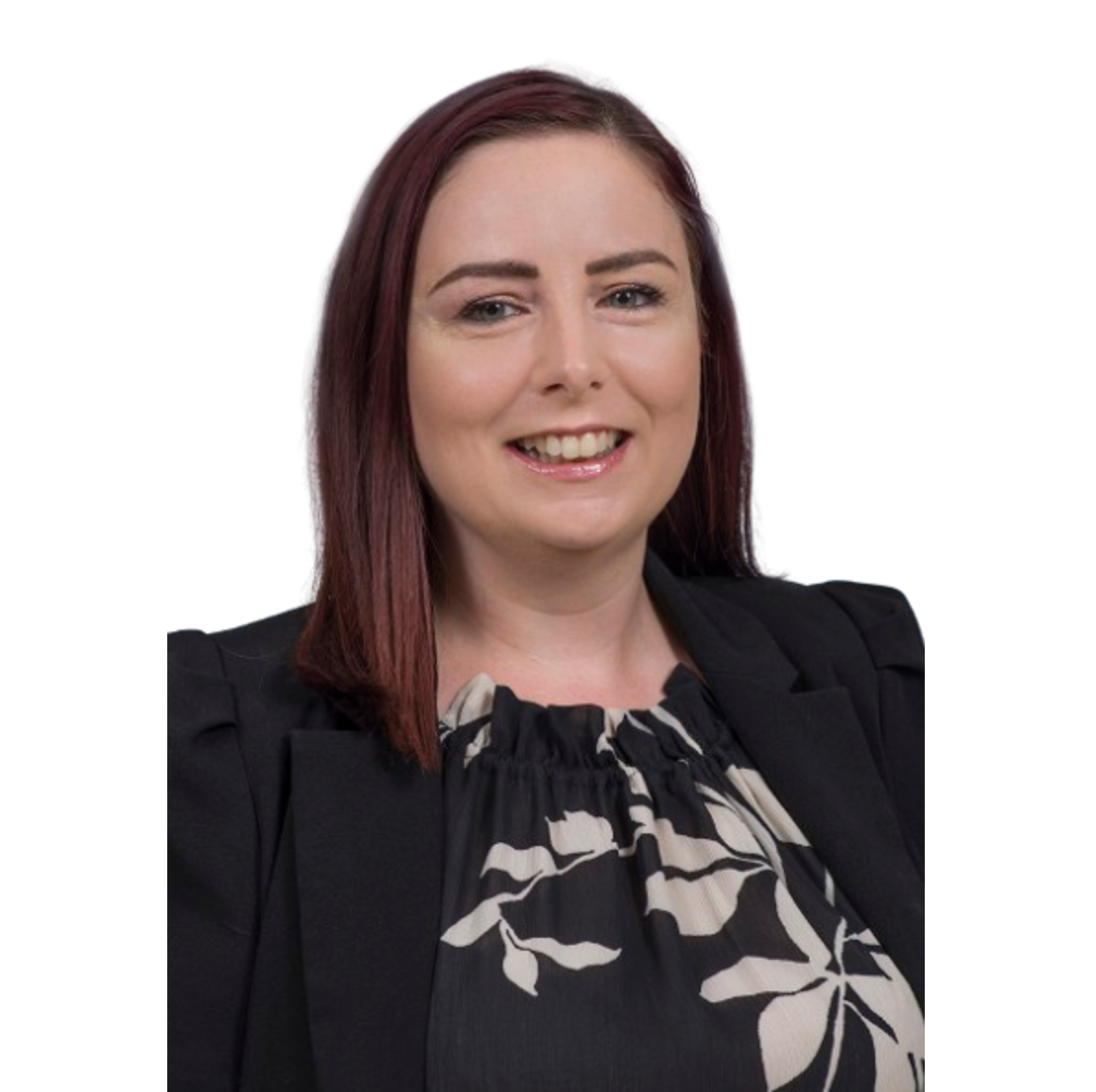
Mechanisms contributing to pregnancy-induced cardiac growth
Helen E. Collins University of Louisville, USA 16:20~16:40 - Panel Discussion 16:40~17:10
Chairperson(s) : Goo Taeg Oh (Ewha Womans University, Republic of Korea), Jae-Hoon Choi (Hanyang University, Republic of Korea)
DetailAtherosclerosis is a well-known inflammatory cardiovascular disease involving various immune cells. This session aims to discuss the latest research on the role of innate immune cells, which are crucial in the progression of atherosclerosis. Professor Andreas Zirlik from Medical University of Graz will present the latest insights on innate immune markers related to cardiovascular diseases. Professor Yeonseok Chung from Seoul National University will share his recent findings on the lipid metabolism related inflammatory mechanisms of dendritic cells, one of the key innate immune cells. Professor Christoph J. Binder from Medical University of Vienna will discuss the role of extracellular vesicles in the pathogenesis of atherothrombosis, and finally, Professor Andrew Murphy from the Baker Heart and Diabetes Institute will present the latest insights on hematopoiesis-related pathogenesis in atherosclerosis.
-
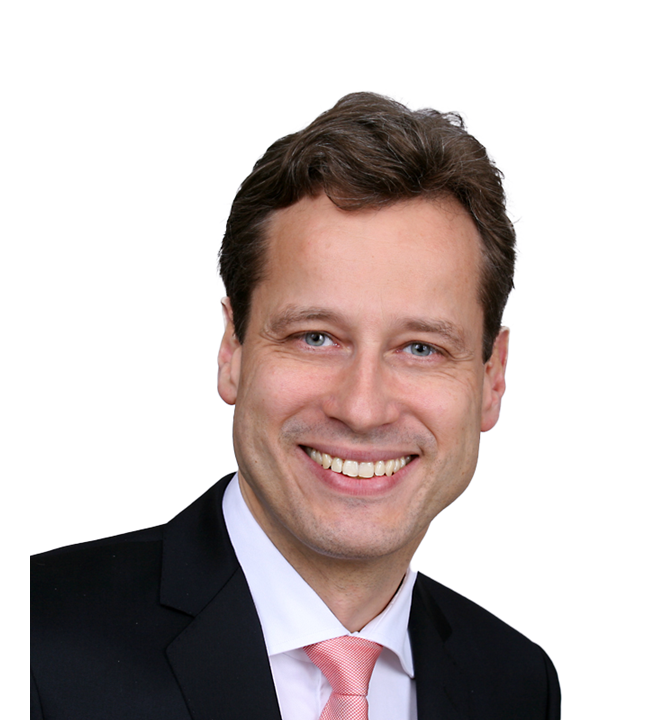
Refined cardiovascular risk prediction with immune-cell biomarkers
Andreas Zirlik Medical University of Graz, Austria 15:40~16:00 -
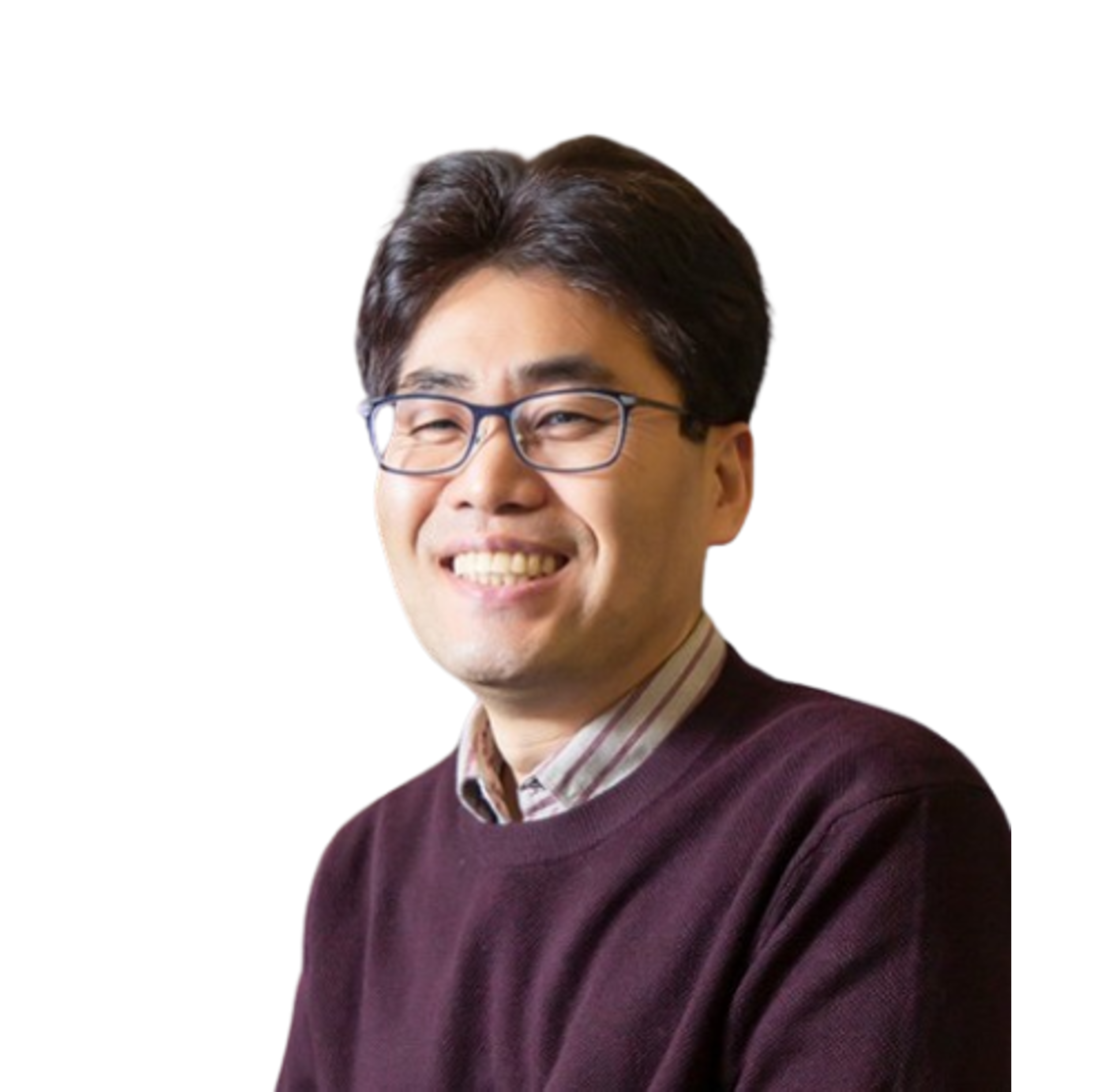
Control of airway inflammation by lipid metabolism in dendritic cells
Yeonseok Chung Seoul National University, Republic of Korea 16:00~16:20 -

Macrophage metabolism in foam cell formation
Andrew Murphy Baker Heart and Diabetes Institute, Australia 16:20~16:40 -
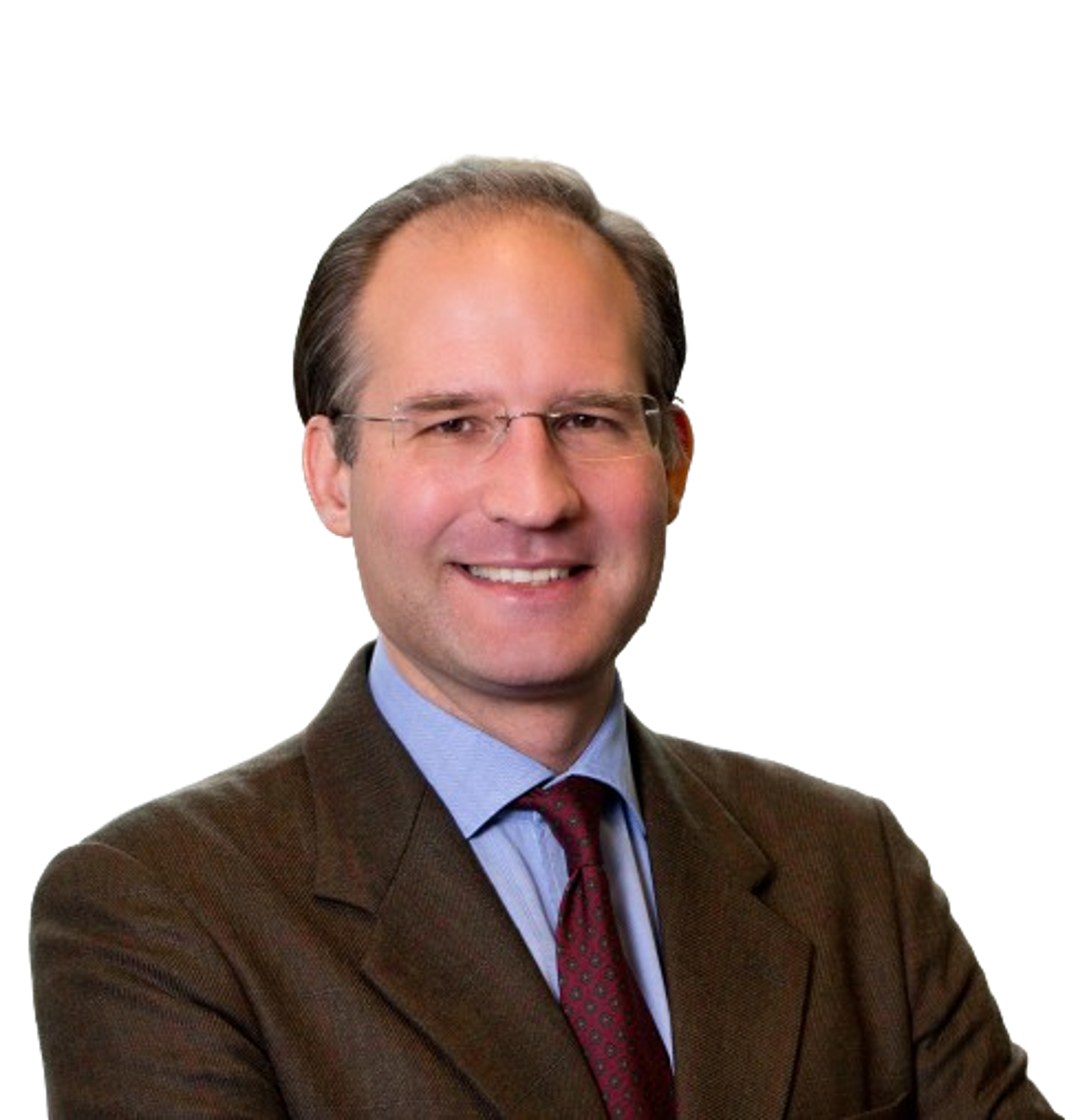
Extracellular vesicles as mediators of innate immunity in atherothrombosis
Christoph J. Binder Medical University of Vienna, Austria 16:40~17:00
Chairperson(s) : Myung-A Kim (Seoul National University, Republic of Korea), Kyung Woo Park (Seoul National University, Republic of Korea)
Panel(s) : Hee-Dong Kim (Soonchunhyang University, Republic of Korea), Dong-Hyuk Cho (Korea University, Republic of Korea), Jung-Joon Cha (Korea University, Republic of Korea)
DetailThis session will discuss novel therapeutic targets in atherosclerosis. The first lecture will introduce gene editing technology for treating dyslipidemia and atherosclerosis, presented by Professor Giuseppe Danilo Norata from the University of Milan. Following this, Professor Jin Won Kim from Korea University will present targeted treatment strategies for atherosclerotic plaque using intravascular imaging. Lastly, Professor Alberico L. Catapano from the University of Milan and IRCCS Multimedica will deliver a lecture about the LDL burden for cardiovascular prevention. This session aims to present the latest research and innovative therapeutic approaches for patients with atherosclerosis.
-
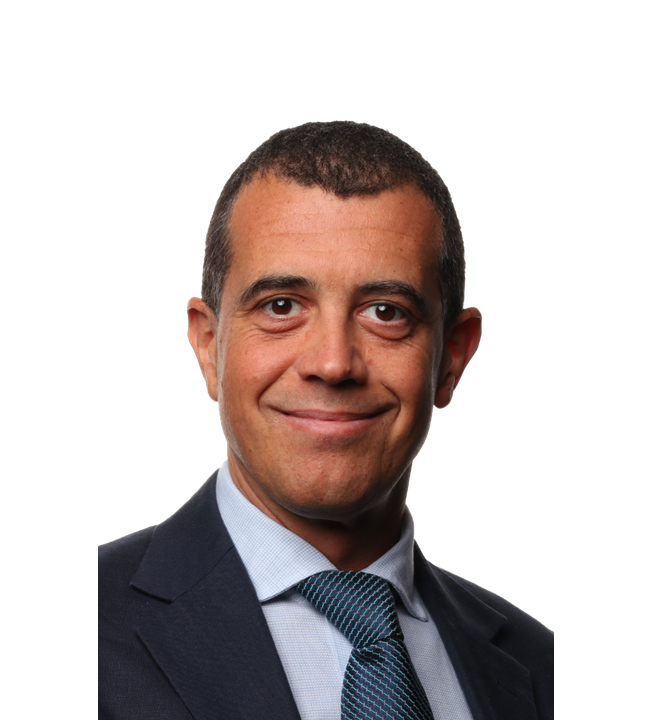
Gene editing for dyslipidemia and atherosclerosis
Giuseppe Danilo Norata University of Milan, Italy 15:40~16:00 -
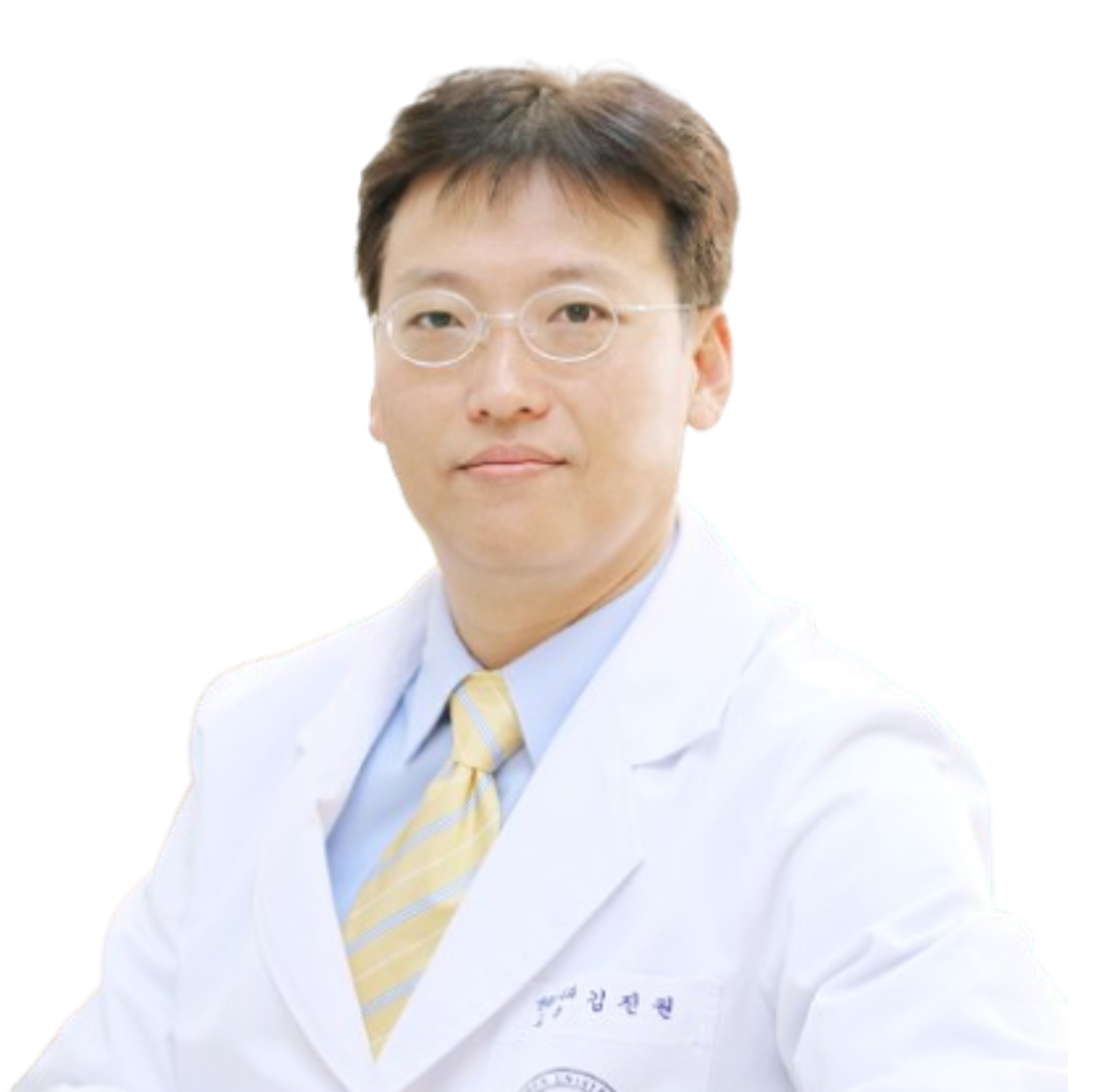
Intravascular multi-modal imaging-assisted targeted theranostic strategy on atherosclerotic plaque
Jin Won Kim Korea University, Republic of Korea 16:00~16:20 -
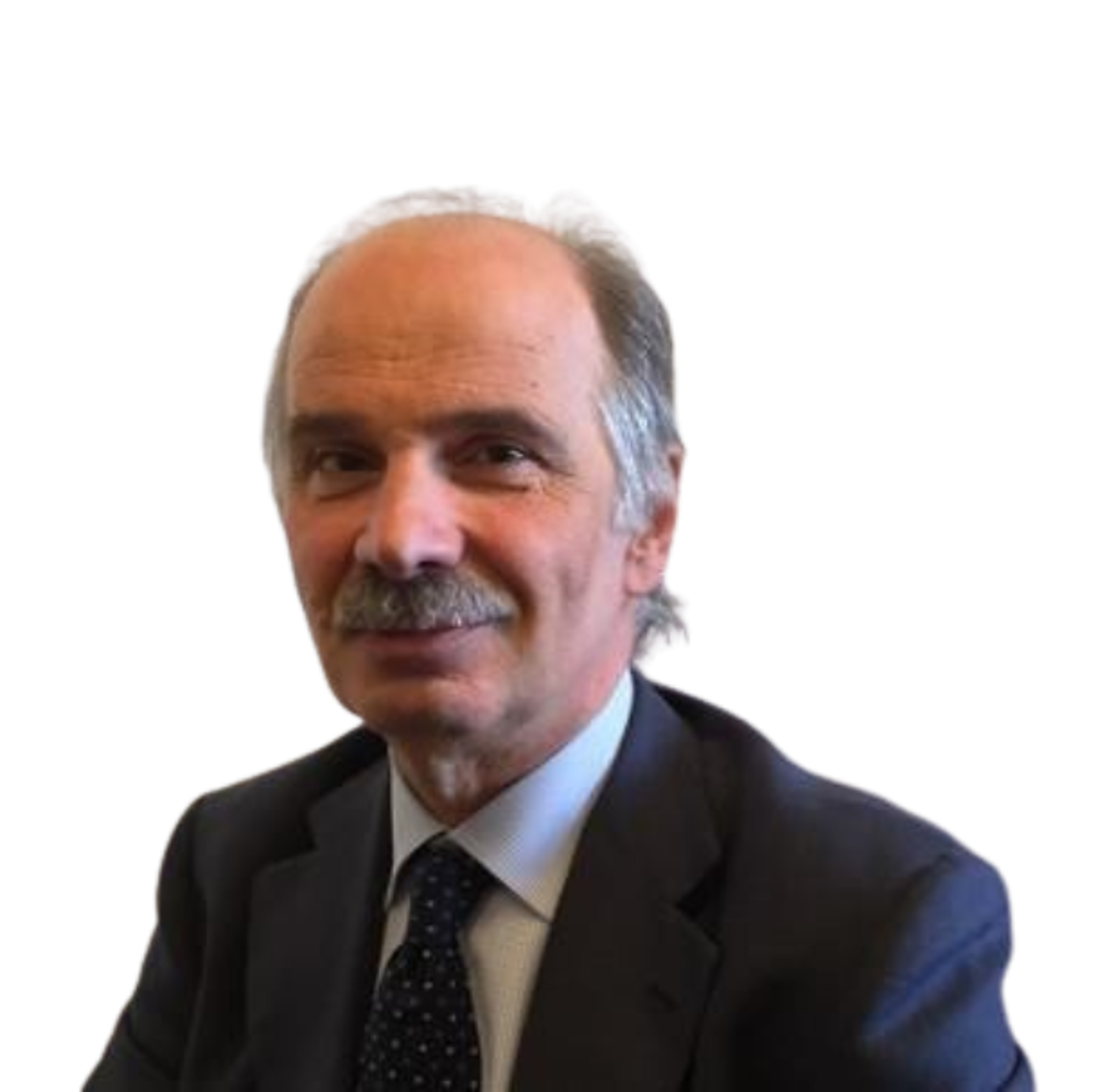
LDL burden: a fresh look to cardiovascular prevention
Alberico L. Catapano University of Milan and IRCCS Multimedica, Milan, Italy 16:20~16:40 - Discussion 16:40~17:10

